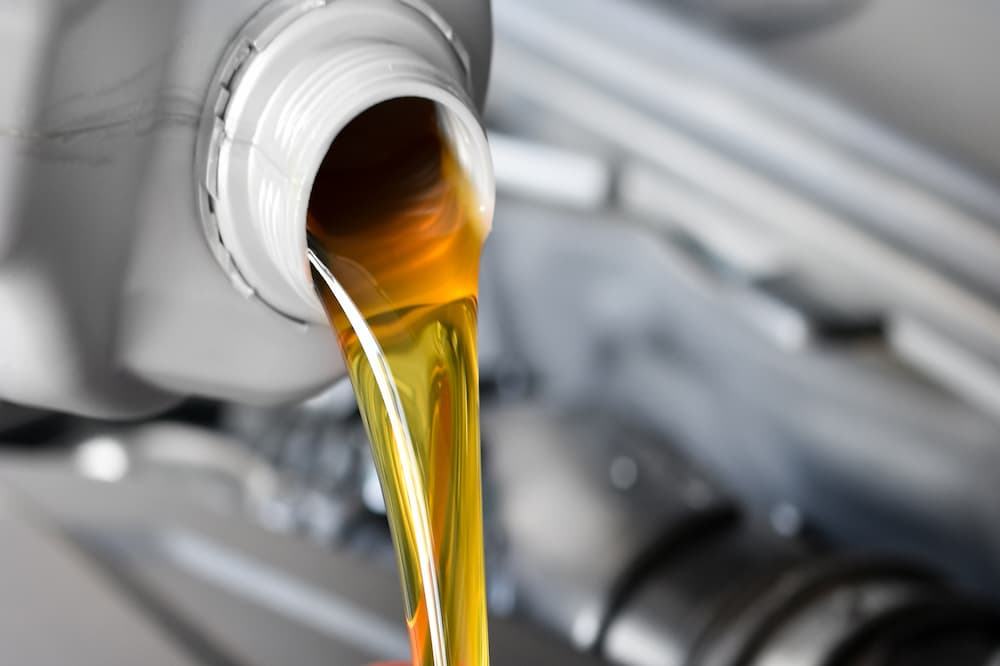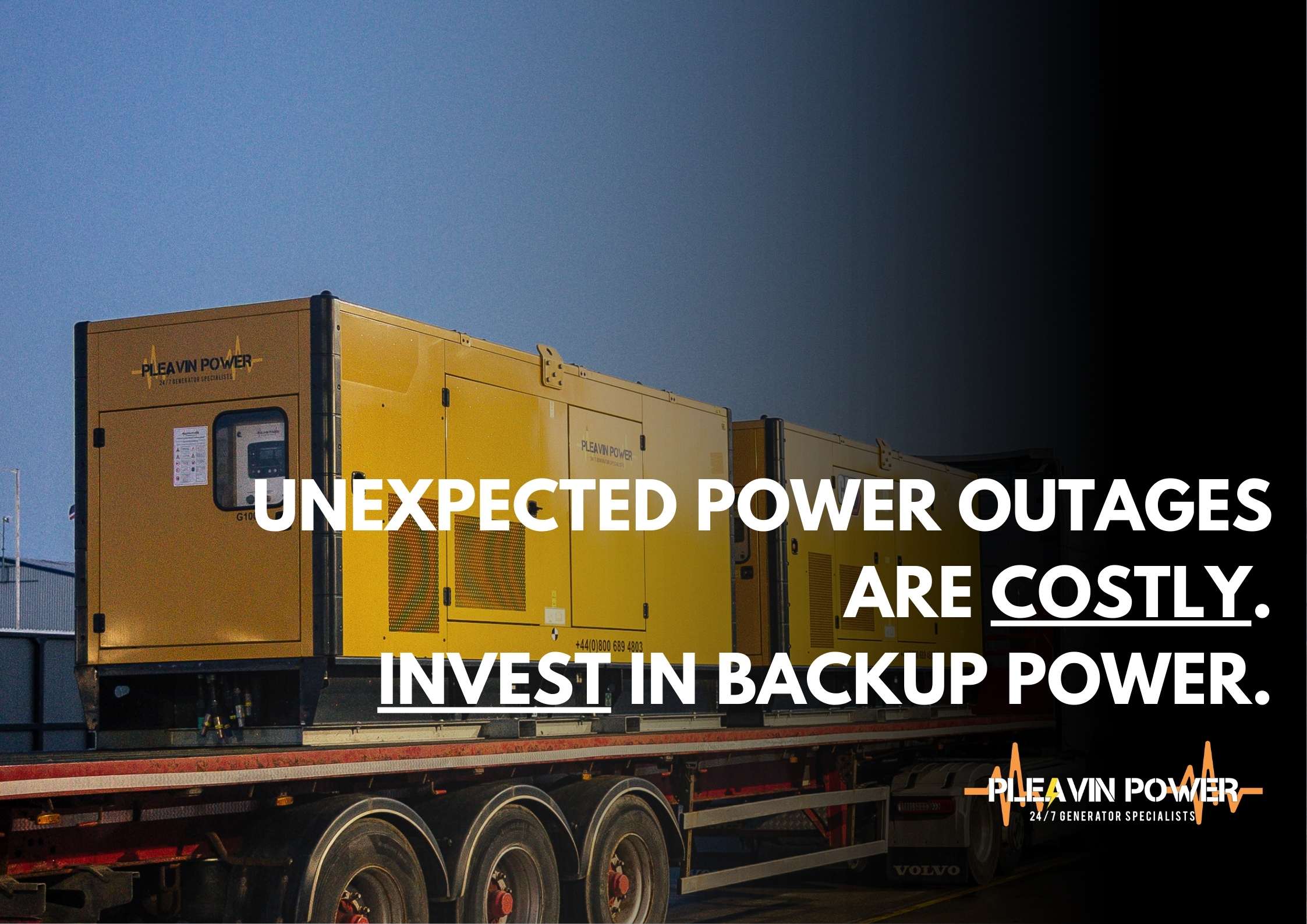Oil is a vital part of your generator running smoothly and effectively. The internal combustion that occurs inside your generator requires oil to use as a lubricant for your engine’s components to stop any potential friction.
The problem that most people have is that they’ve purchased a new generator but it’s started to flash up that they are low on oil but there is no oil on hand for a top.
Many people’s first thought is what kinds of oil can I use for my generator? You must read up beforehand so you don’t purchase the wrong type of oil that could potentially damage your generator and leave you with added costs.
After all, one of the main jobs of oil is to create a barrier between moving parts so no contact can happen that will lead to damage. You mustn’t wait for your oil to run out before changing it but it is an industry standard that you are checking it after 100 to 150 hours.
By doing regular servicing & maintenance on your generator oil you will further the life of your generator’s engine getting your full money’s worth from your generator as a lot of them are expensive pieces of equipment.
We’ve put together this article by our expert in-house team here at Pleavin Power today to help you understand more which oils are compatible with different generators and what type of oil we recommend with newer types of generators that can power your generator more efficiently.
Read Your Manual
Before you start searching for oil to purchase for your generator, you will be able to find what oil your generator uses by reading the manual from the manufacturer of your generator. This will have all the specifications and information that you should 100% follow for smooth operation.
A lot of manuals will come with what oil you should. The reason for this is not to cause any confusion and get people using the wrong oil that can damage the generator, if you find this information through your manual then it will save you a lot of time googling what oil to buy for your generator.
Can I Use Synthetic Oil For My Generator?
A question that we come across recently is people asking if they can use synthetic oil for their generators. Yes, you can use synthetic oil for your generator in newer models.
It has been found that synthetic oil is very effective in lubricating your generator plus extending its lifespan. The reason why we say newer models is that if you have an older generator model using synthetic oil can loosen up engine deposits and can cause potential damage.
Finding The Right Synthetic Oil
With so many different types of generators available on the market, you will find a lot of them run on different types of fuel. As we previously spoke about earlier in the article, you will find out when purchasing them through a sales team or finding it inside your manual.
Manufacturers will let you know say the viscosity number of oils that you can use with their generators. You must be using the synthetic oil that your manufacturer has told you to use.
If you are wondering exactly what ‘viscosity number’ is. It is an index of how well the oil can withstand flowing. A popular example is those who have diesel generators, viscosity is a lot more complicated in diesel engines as the flow of the oil depends on the temperature of the engine.
That means that the oil that you purchase should be able to flow either at hot or cold temperatures. The higher the viscosity number means that the oil can resist the flow a lot better.
When checking out the viscosity number for your engine oil you can usually find two figures to make it up e.g. 15W – 35. You’ll notice the letter ‘W’ next to the first number and that stands for ‘Winter’ meaning you can see well the oil will resist the flow during the winter.
If you find that your oil has a low number next to the W then the lower the tendency of your oil thickening in the cold.
The second number as you probably guessed is the opposite and it shows you the performance of the oil in hot weather. The higher the number, the less your oil will thin out in boiling temperatures.
Synthetic oils are very popular as winter oils and are regularly used by people who frequently use their generators during the cold winter months.
Why Do We Recommend Using Synthetic Oil For Your Generator?
We recommend using synthetic oil for your generator for several different reasons. We’ve found that the base oils that are used to create synthetic oil are of a lot greater quality than conventional oils that you will find on the market due to synthetic oils being a lot more chemically stable and they won’t break down losing their desired properties.
Here are some great benefits that you will get from using synthetic oil:
Better Engine Protection
One of the main aspects of oil inside your generator is to defend parts inside the engine that can come into contact with each other.
By using synthetic oil, you can find that it gives your engine much better protection as there is a lesser chance that it will break down like other cheaper quality oils on the market.
Clean Engine
When you use other conventional oils, there is a massive problem of a build-up of sludge that happens over time which means it will start to affect the efficiency of your generator and will in all certainty reduce the lifespan of your generator.
However using synthetic oil, there is a lesser chance of sludge building up as they are created more purely than other oils.















